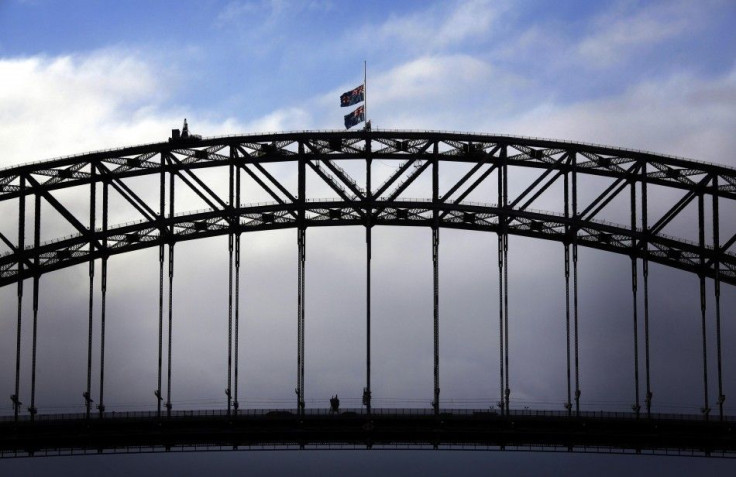Tiny Beads Found In Shampoo And Exfoliants Are A Threat to the Sydney Harbour

Tiny pieces of plastic used in toothpastes, shampoos, shower gels and exfoliants have been found in the Sydney Harbour and could pose a threat to marine animals and humans as they are toxic in nature, reported Daily Telegraph.
The government of New South Wales is pushing for a national ban on products containing the micro-plastics.
Environment minister, Rob Stokes, at the launch of a report by the Sydney Institute of Marine Science on the health and biodiversity of Sydney Harbour on August 28, said that he would work alongside an industry group to completely eliminate the pollutant by 2016.
The report talks about the scientific understanding of the Harbour which has been contaminated with high levels of lead disturbing the sediment. The study found that micro-plastics and nanoparticles, considered as 'contaminants,' were to be assessed.
Martina Doblin, an associate professor at the University of Technology in Sydney, said "Anything that is manufactured that persists in the environment, we'd rather not see them there.The environment is getting hammered by all sorts of stressors and any effort to reduce microplastics is a good thing."
Mr. Stokes explained that because of the plastic micro-beads in personal care products, the seabirds and other marine life were at risk, as these 5 millimetre contaminants were washed down the sink and into the oceans. He added that when the seabirds ingest the particles, it leads to blockages, choking and even starvation.
Complete degradation of the micro-plastics in the marine environment is not possible as they are very small in size and possess the ability to float in water. The tiny beads in shampoos and exfoliants have a tendency to attract toxins like DDT, which turn up in mussels and fish that are consumed by humans.
A campaign is being organized by the global environmental group, Fauna and Flora, to make awareness that micro-plastics are unnecessary and are avoidable pollutants.
Executive Director of Total Environment Centre, Jeff Angel said that the plastic pollution of the marine environment damages the beautiful environment valued by the Australians and action needs to be taken to eliminate micro-plastics by joining hands with the industry and Environment Minister Stokes.




















